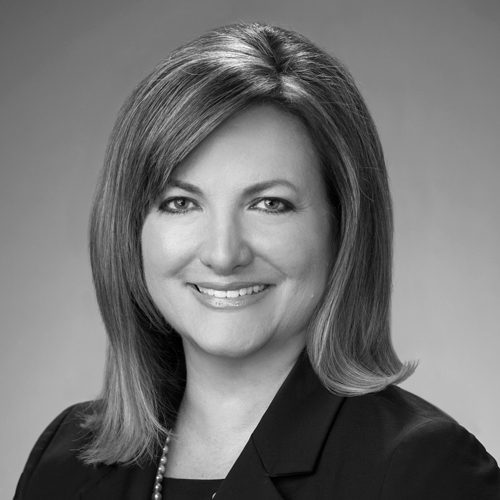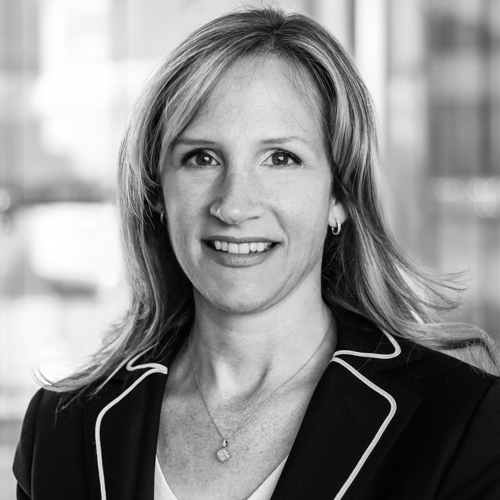It was an offer he simply couldn’t refuse. After three decades in law working for one of the nation’s premier law firms, O’Melveny & Myers, Fram Virjee was on the cusp of retirement. But instead of winters in Florida and afternoons on the fairways, he planned to give back by helping the less fortunate help themselves. Virjee, who was born in London and came to the United States in 1966, had discovered a passion for assisting victims of genocide in Rwanda. He formed a nonprofit and bought tickets to East Africa. That’s when Virjee received a phone call from a California State University (CSU) trustee. The university needed a new general counsel—and Virjee was the perfect candidate for the job.
Virjee—himself the product of the California public school system—had spent two decades representing the Los Angeles Unified School District in addition to his FORTUNE 50 clients. With Rwanda still in the forefront of his mind, Virjee was at a crossroads. “I loved the CSU mission, and I still believed in what my wife, Julie, and I wanted to do in Rwanda,” he recalls. “Ultimately, I realized both roles involved serving the underserved, and there was a way to do both.” He accepted the job.
Today, Julie makes frequent trips to Rwanda to build partnerships and facilitate the activities of their 501(c)3 (a retirement gift from O’Melveny), Yambi Rwanda. Virjee joins her as he is able while fulfilling his duties as CSU’s executive vice chancellor and general counsel. He stepped into the role after important conversations with new chancellor Tim White and other leaders. “I didn’t want simply to work as a lawyer. I wanted a chance to be part of the strategic decisions behind California’s most influential educational institution. And I saw that opportunity when Tim shared their vision,” he says. The university’s mission includes one particular tenet that resonates with Virjee’s passion for service: the institution is dedicated to providing access to individuals with collegiate promise who face cultural, geographical, physical, educational, financial, or personal barriers, and to assisting them in advancing to the highest educational levels. As executive vice chancellor, Virjee has more opportunity for influence and leverage to fulfill this mission than a typical general counsel or chief legal officer, and the potential influence and impact of his work is greater and longer-lasting. This gives him significant motivation and a platform from which to address the needs of underserved students within the university system and throughout California and the nation.
With its network of 23 campuses across the Golden State, the California State University System has 50,000 employees and educates 460,000 students. And its impact is enormous. With more than three million alumni, half of all of California’s nurses, teachers, architects, and engineers come from the CSU system. One in 10 people in California with a baccalaureate degree received it from the CSU system, and one in 20 degrees in the nation are produced by the CSU system. “The potential for us to build the nation’s leaders is what led me here,” says Virjee. “We serve underserved communities. Almost 70 percent of our students are first-generation college students, and I wanted to be a part of serving them.” In his first two years, Virjee has looked for opportunities to join CSU’s efforts to revamp admissions and improve both online education and financial aid.
To help build upon CSU’s strong foundation, he embarked on a visit across all 23 campuses. “I met with every president, provost, and financial leader to find out what they need to achieve and how we can help them,” he says. What could sometimes be a looser connection of schools started to reach greater unity. While other institutions struggled to defend sexual misconduct and harassment suits, CSU decided to become a leader in awareness and prevention. Virjee, together with his peers and colleagues, revised and revamped policies and started educating staff and students. The system hired a Title IX expert for all its campuses, testified before state and federal governments, and shared its best practices. In 2014, all freshman students received new orientation and training on the issues, and all 23 college presidents attended training and created an individual leadership action plan to implement at his or her university.
After two years on the job, Virjee is seeing the fruits of the team’s collective labors. Last summer, Washington Monthly ranked CSU campuses among the very best for serving the public good for their efforts in promoting community service and graduating low-income students. “This work gives me purpose and compassion, and seeing the results shows me that this is more than a legal job with no social impact,” he says. With the help of his peers, he’s making a difference for students in California. With the help of his wife and their partners, he’s making a difference for recovering Rwandans. And his dream of moving to Rwanda is still alive—Virjee says he plans to relocate to Africa when he retires from CSU.


